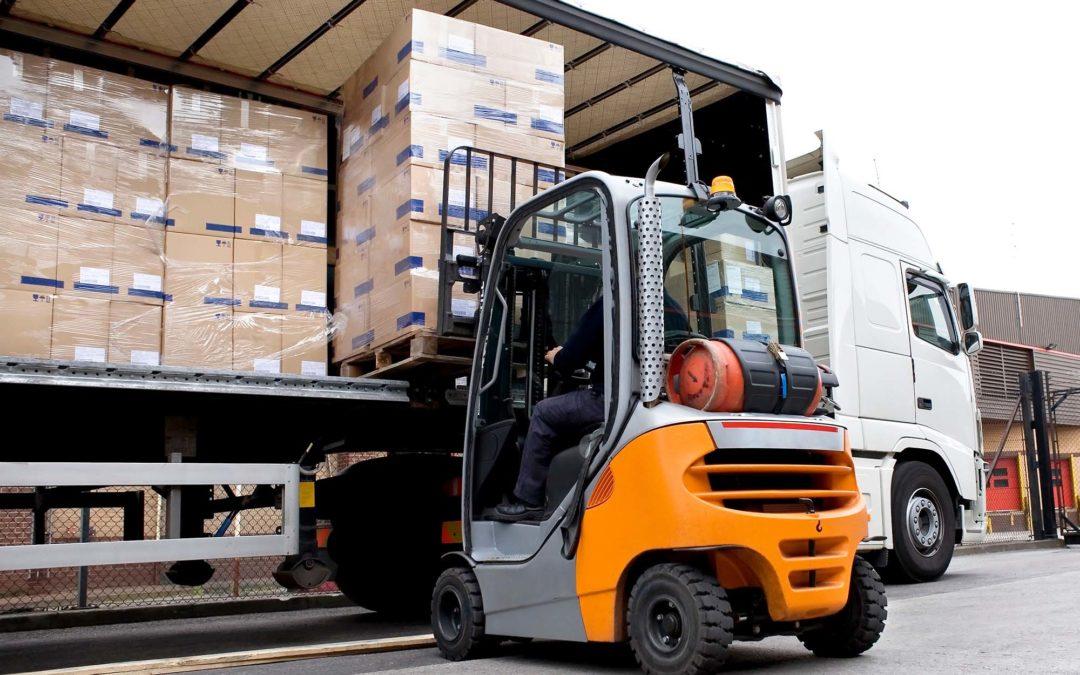Forklifts are a safer way for your employees to move materials around your warehouse or office building. But forklifts are machines that ought to be maintained in order to continue to perform at maximum efficiency. Fortunately, there’s no shortage of information about how often you should do so.
Why Do I Need Forklift Maintenance?
Learning how to maintain a forklift is easy, but knowing which maintenance checks need to be done, and when they should be effected, will help to keep you safe and out of trouble on the job. Still, you might be asking, “How often should a forklift be inspected?” Forklift service intervals change based on different factors, such as the age of the vehicle. The first thing you want to look at is what the manufacturer recommends. Most will offer specific guidelines with regard to desirable or ideal level of routine maintenance throughout the life cycle of the item (usually between 50 and 70 hours), including daily checks on fluid levels and tire condition.Forklift Maintenance Tips to Keep Your Machine in Top-Shape
Here’s four simple Hyundai maintenance tasks to get the full-service life out of your equipment.1. Check the Battery
In most Hyundai machines, battery charge and fluid levels are easy to check by simply opening the battery bay and checking the fluid levels. If you perceive a low level, add distilled water until the levels are in line with those in your forklift’s manufacturer’s manual. You should also inspect all of your cables and terminals for chafing, corrosion, or damage. The forklift battery will generally have removable guards around its terminals. If this is not the case, be sure to avoid touching them with anything but gloves during an inspection, because they can grow extremely hot during use.2. Check the Lights and Electrical Connectors
All of the lights should turn on, and show they are functioning. If this doesn’t happen, check for any loose or broken wires, or even a blown fuse. When something goes wrong with your electrical system, serious problems could happen for you and your forklift in time. If a service light comes on during use, don’t hesitate to contact Hyundai support to get it checked out.3. Clean and Adjust Tires
Hyundai’s renowned for their lifting capacity. However, when moving all that weight around, even a small imbalance in the tires can lead to issues. Here are some of the things you can do to maintain your tires:- Replace them if they’re worn out. If any part of your tire is torn, cracked, or bulging, replace it immediately. This can be done by substituting a whole new tire or just replacing the damaged area. You’ll also want to check your tires for proper inflation according to their recommended psi (pounds per square inch).
- Inflate them properly and regularly. Tire pressure plays a vital role in how well your forklift performs and even how long it lasts! You should check this at least once every two weeks by using either an air gauge or simply inflating each tire until it feels firm but not too tight when pressed firmly with your hand.
- Be sure to align your tires on a regular basis. Making sure that both sides are aligned properly will reduce the wear on each side equally so you’ll have fewer uneven wear patterns that could lead to early failure down the road. Just remember that alignment needs vary greatly, depending on the type of equipment used, so you should always consult professionals if you’re not sure.
Clean and Adjust Steering Cylinders
The steering cylinder is a hydraulic cylinder that provides assistance to the steering and is typically located at the back of most Hyundai forklifts. To clean and adjust, take off all the covers on top of each cylinder and remove any dirt or obstructions in front of them by tapping them with a hammer until you can see light through both sides. Be careful not to damage any connected tubes or hoses, or this will lead to very expensive repairs.Investing in regular forklift maintenance reduces the risk of accidents and improves the efficiency of your forklift.
Keeping your forklift in good condition ensures that the machine remains safe to use by reducing wear and tear on parts, cutting downtime due to breakdowns, mitigating risky conditions, and providing reassurance that all necessary checks are regularly completed.

